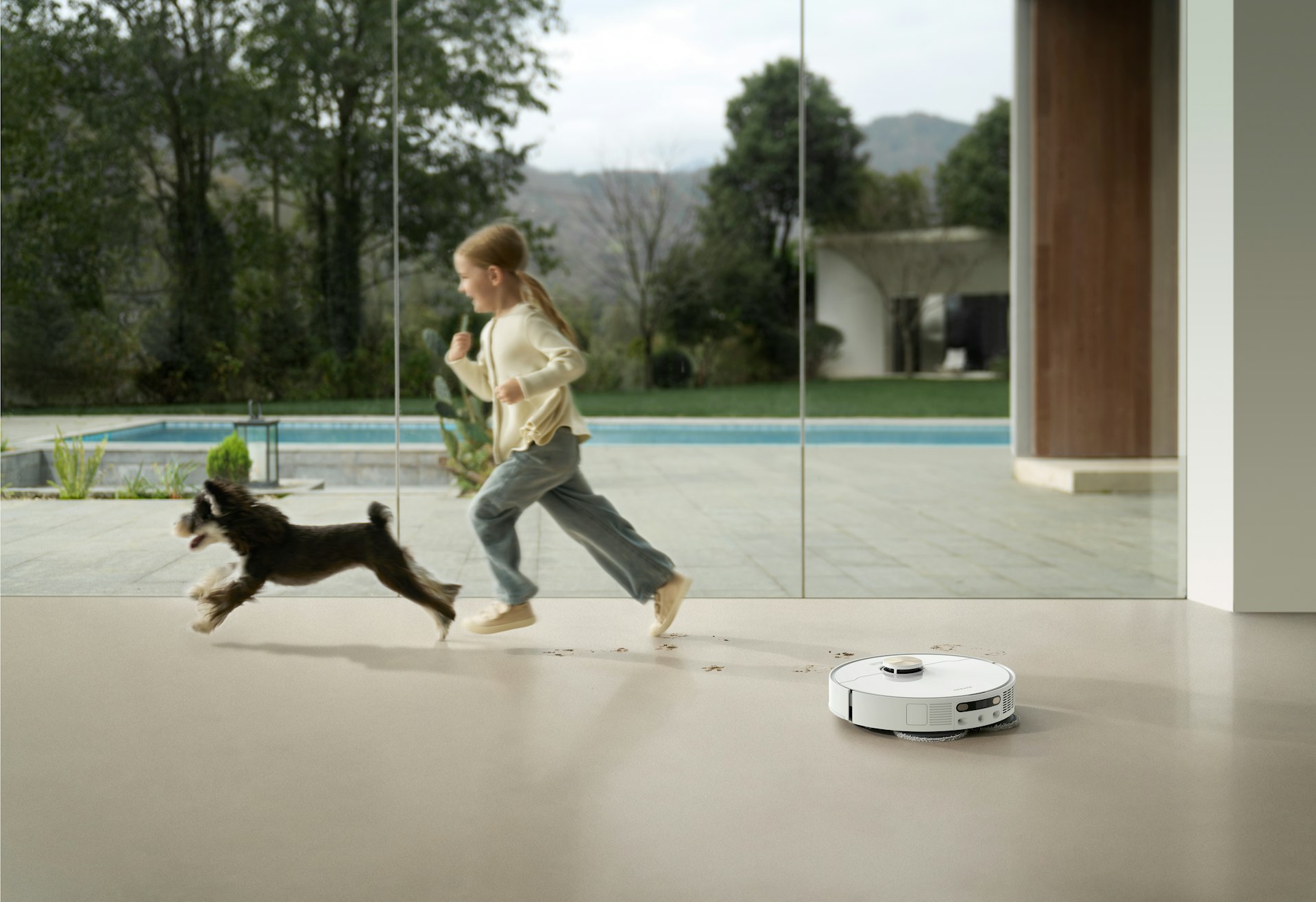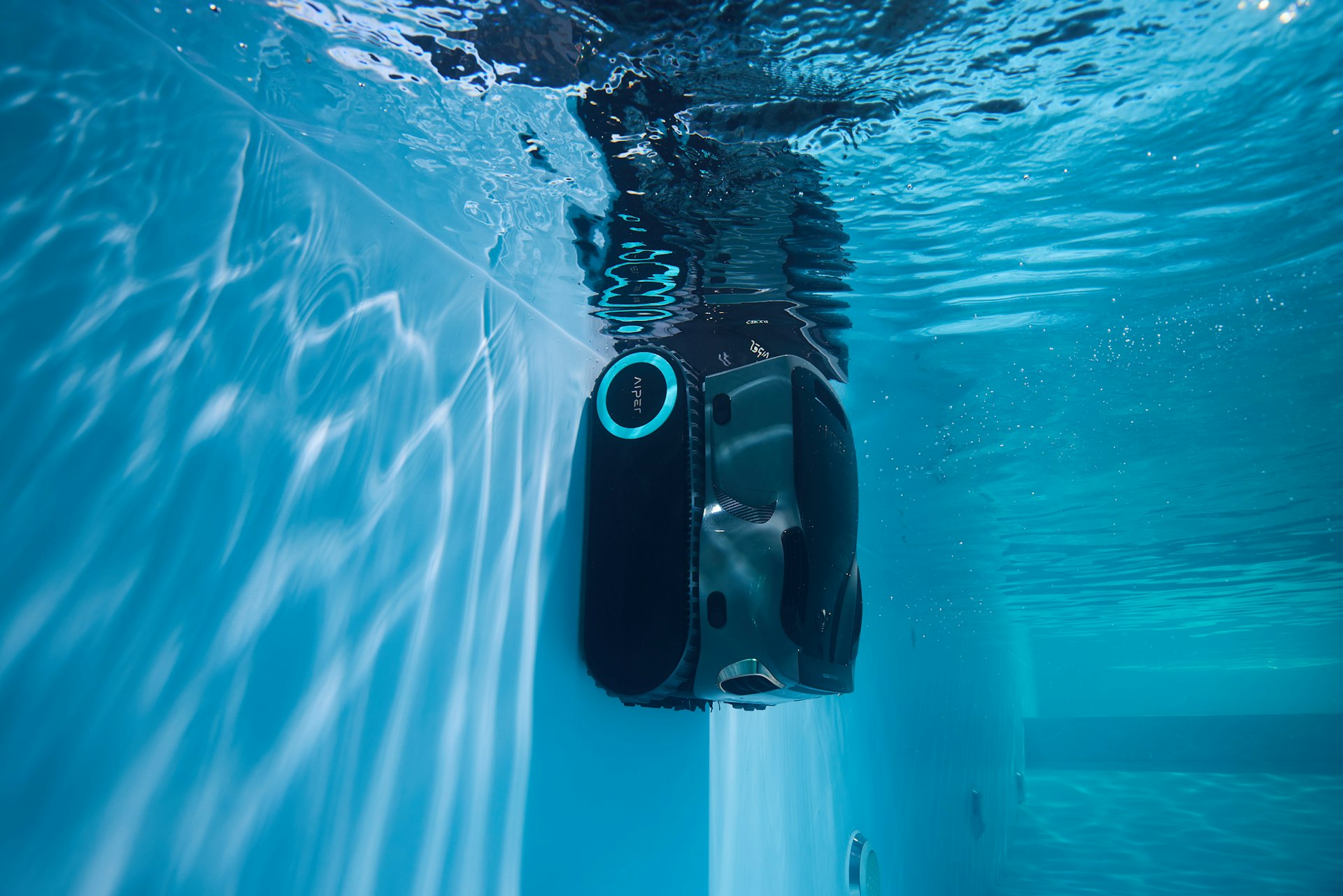The Future of Contactless Technology: Transforming the Hospitality Experience

Photo by Dreame Vacuum Cleaner on Unsplash
The Evolution of Contactless Technology in Hospitality
The hospitality industry is undergoing a fundamental transformation fueled by the rapid adoption of contactless technology . What began as a response to health and safety concerns during the COVID-19 pandemic has now become a core expectation for guests and a critical operational advantage for hotels, restaurants, cruise lines, and event venues. According to recent industry research, 96% of hoteliers are investing in contactless technology in 2025 , and 77% of guests prefer using automated solutions whenever possible [1] . This shift is not a passing trend; it represents the future of hospitality service delivery.
Key Benefits of Contactless Solutions
Contactless technology delivers a broad spectrum of benefits to both guests and hospitality providers. These include:
- Enhanced Guest Convenience : Guests can now check-in, access their rooms, order services, and pay-all via their smartphones or wearables-resulting in seamless, frictionless experiences [2] .
- Improved Operational Efficiency : Automation reduces manual tasks for staff, minimizes human error, and enables team members to focus on high-value, personalized service [3] .
- Greater Safety and Hygiene : Minimizing physical contact not only aligns with evolving guest expectations but also reduces the risk of contamination and supports ongoing public health efforts [2] .
- Cost Reduction : Contactless processes reduce the need for paper, plastic, and energy, leading to lower operational costs [2] .
- New Revenue Opportunities : Digital platforms make it easier to upsell amenities, room upgrades, and ancillary services through targeted, real-time offers [3] .
Adoption by Sector: Hotels, Restaurants, Cruises, and Events
Contactless technology is being adopted at varying speeds across different sectors of hospitality:
- Hotels : Mobile check-in, digital keys, and in-app ordering are becoming the standard, with 62% of hotels moving toward fully contactless experiences in 2025 [1] .
- Restaurants : Nearly 42% of limited-service restaurants invested in contactless and mobile payment technologies in 2024, and this investment is accelerating [1] .
- Cruise Lines : All major American cruise lines are expanding use of digital boarding passes, wearable devices for payments, and mobile apps for reservations and excursions [1] .
- Event Spaces : While slower to adopt, event venues are integrating mobile wallets, RFID wristbands, and digital ticketing, with 83% of attendees believing mobile technology improves their experience [1] .
Step-by-Step Implementation Guidance
For hospitality businesses considering contactless technology, a structured approach can maximize benefits and minimize disruption. Here is a step-by-step guide based on industry best practices:
- Assess Guest Needs and Expectations : Survey your guests to understand which contactless features they value most (e.g., digital check-in, keyless entry, mobile ordering).
- Conduct a Technology Audit : Review current IT systems, identify gaps, and determine compatibility with leading contactless platforms.
- Select the Right Solutions : Research and compare vendors, prioritizing those with proven track records in hospitality and robust customer support. Consider both ready-made and custom solutions; each has advantages. Ready-made solutions can be deployed quickly, while custom platforms offer greater flexibility [3] .
- Integrate with Property Management Systems (PMS) : Seamless integration with your PMS is crucial for real-time data, personalization, and operational efficiency [3] .
- Train Staff and Communicate Changes : Ensure team members are fully trained on new processes and technology. Communicate benefits to guests via email, signage, and in-app notifications.
- Launch in Phases : Begin with pilot programs in select areas or properties, gather feedback, and iterate before full-scale deployment.
- Monitor Performance and Guest Satisfaction : Use analytics and guest feedback to measure adoption rates, identify pain points, and refine your offerings.
- Stay Updated and Innovate : Technology evolves rapidly. Remain informed about new trends and continuously seek ways to enhance the guest experience.
If you are unsure where to begin, consider reaching out to established hospitality technology providers or consulting industry bodies such as the Hospitality Financial and Technology Professionals (HFTP) for guidance on available solutions and best practices.
Real-World Examples and Case Studies
Many leading hospitality brands are already reaping the rewards of contactless technology. For example, major hotel chains report faster check-in times, higher guest satisfaction scores, and increased ancillary revenue after implementing mobile check-in and digital key systems [3] . Cruise lines have successfully deployed wearable devices that allow guests to order food, access cabins, and make onboard purchases-all without physical cards or cash [1] . These real-world successes demonstrate the tangible value of embracing contactless solutions.
Addressing Common Challenges and Solutions
Despite its benefits, the transition to contactless technology poses challenges:
- Guest Reluctance : Some guests may prefer traditional interactions. To address this, offer hybrid options and educate guests on the convenience and safety of digital solutions [4] .
- Staff Training : Employees may require upskilling. Provide comprehensive training and clear documentation to ensure staff confidence in using new systems.
- Integration Complexity : Legacy systems may not seamlessly connect with new technology. Partner with vendors experienced in hospitality integrations, and consider staged rollouts to manage risk [3] .
- Data Security and Privacy : As digital interactions increase, ensure compliance with data protection regulations and implement robust cybersecurity measures.
Hospitality businesses can overcome these hurdles by taking a proactive, guest-centric approach, seeking expert advice, and choosing scalable, secure technology solutions.
Future Trends and Opportunities
The future of contactless technology in hospitality will be defined by continued innovation. Emerging trends include:

Photo by FDATA ROBOT on Unsplash
- AI-Powered Personalization : Machine learning and big data are enabling hyper-personalized offers and services in real time [1] .
- Voice and Gesture Controls : Hotels are beginning to experiment with voice assistants and gesture-based interfaces for room controls and guest requests [4] .
- Wearables and IoT Integration : Smart devices and connected systems will further streamline and enhance the guest journey.
- Sustainability : Contactless technology supports eco-friendly initiatives by reducing the need for paper, plastic, and single-use items [2] .
How to Access Contactless Solutions
If you are interested in adopting contactless technology, you can:
- Contact hospitality technology vendors directly through their official websites (e.g., Oracle Hospitality, Mews, or direct hotel brand technology divisions).
- Consult with industry associations such as the Hospitality Financial and Technology Professionals (HFTP) for advice on vendor selection and best practices. You can search for “HFTP contactless technology guidance” for up-to-date resources.
- Attend industry conferences or webinars focused on hospitality technology to connect with solution providers and learn about the latest developments.
- Reach out to local hotel or restaurant associations for referrals to reputable vendors and integrators.
When evaluating solutions, request demonstrations, compare features and security protocols, and seek references from comparable properties. Many providers offer pilot programs or trial periods to help you assess fit before committing to a large-scale rollout.
Key Takeaways
The future of hospitality is undeniably contactless, with technology driving improvements in convenience, efficiency, and guest satisfaction. Businesses that proactively adopt and optimize these solutions are positioned to thrive in a rapidly evolving landscape. By following structured implementation steps, addressing challenges thoughtfully, and staying informed about industry trends, hospitality leaders can deliver memorable, seamless experiences that keep guests returning year after year.
References
MORE FROM oncecoupon.com













